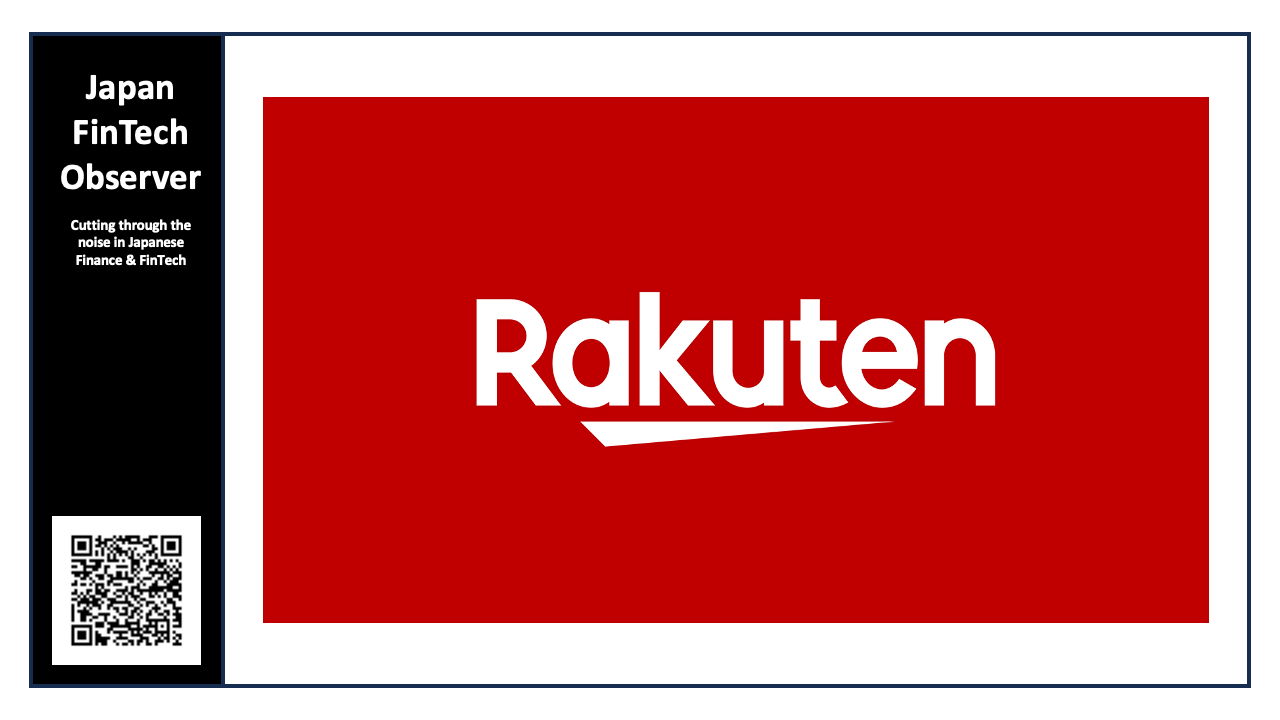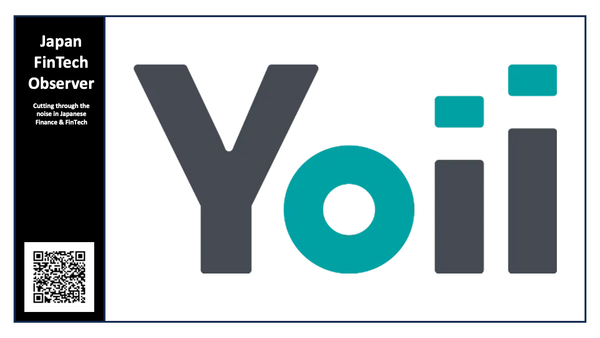Rakuten Issues Record-High Yield Bond

In a major move signaling rising credit costs in the Japanese market, Rakuten Group successfully priced a JPY 82 billion perpetual subordinated bond.
Announced on October 17, 2025, the issuance carried the highest coupon for a local bond deal this year, immediately drawing significant attention from domestic and international investors.
The Deal: Record Yield and Equity-Like Structure
Rakuten sold the first series of its unsecured undated bonds with an initial fixed coupon rate of 4.691% per year, making it the highest-yielding yen bond transaction of 2025.
Key Characteristics:
- High Demand: Despite the high cost, the bond issuance saw massive demand, with the order book topping ¥500 billion. Crucially, more than ¥120 billion came from overseas investors, highlighting increased international interest in the Japanese bond market.
- Perpetual and Callable: The bond is "undated," meaning it has no fixed maturity date. However, it is callable (optionally redeemable) by Rakuten on the first optional redemption date, October 23, 2030, and on every interest payment date thereafter. This structure offers the company flexibility but ensures long-term funding.
- Subordination and Equity Credit: The notes are subordinated, meaning claims by bondholders rank junior to the company's senior obligations in liquidation or bankruptcy proceedings. This feature, combined with the optional interest deferral clause (the company can wholly or partially defer interest payments at its discretion), allows the bond to be treated as quasi-equity. Major rating agencies (R&I, JCR, and S&P) are expected to assign the bonds 50% equity credit, bolstering Rakuten's reported leverage metrics.
The Stepped-Up Interest Rate
The coupon is fixed at 4.691% for the first five years (up to October 23, 2030). Following the initial optional call date, the rate resets based on the One-year Japanese Government Bond (JGB) Yield plus a step-up margin, ensuring the cost encourages Rakuten to redeem the bonds rather than keep them outstanding indefinitely.
Why the High Yield? Market Context and Investor Caution
The 4.691% coupon sits notably higher than comparable recent offerings by Japanese peers, such as SoftBank Group (4.556% coupon) and Japan Airlines (4.124% coupon). This suggests two important market dynamics:
- Rising Borrowing Costs: The issuance provides the clearest evidence yet of rising interest rates and increasing corporate borrowing costs in Japan. As JGB yields climb amid concerns over future fiscal policy, issuers like Rakuten are forced to offer higher premiums.
- Residual Credit Caution: While the company's credit profile is improving, the yield indicates that investors still require a higher risk premium given Rakuten’s ongoing challenge of managing losses in its mobile unit.
Rakuten’s Strategy: Refinancing and Liquidity
The primary purpose of the JPY 82 billion issuance is strategic refinancing. The net proceeds are earmarked to redeem or repurchase and cancel a USD 750 million undated subordinated note issued in 2021, whose first call date is April 22, 2026.
By successfully raising yen-denominated debt to retire dollar-denominated obligations, Rakuten reduces foreign exchange risk while maintaining its crucial balance sheet credit (due to the 50% equity classification of the new bond).
This successful deal confirms improving liquidity access for the technology conglomerate.
"Rakuten's pricing at the low end of guidance and its ability to issue perpetual notes, despite a record-high coupon this year, signal improving funding access," noted an analyst at Bloomberg Intelligence, confirming the company now has sufficient funds to cover its bond maturities through 2026.
An Outlook Shift: The Mobile Turnaround
The timing of the bond issue coincides with key improvements in Rakuten's financial outlook. In September, both Japan Credit Rating Agency (JCR) and Rating and Investment Information (R&I) revised their outlook on Rakuten from negative to stable.
This positive revision is largely driven by the increasing profitability of the company's domestic e-commerce and FinTech units, which are now increasingly offsetting the significant—though shrinking—losses generated by the mobile segment.
In conclusion, Rakuten’s JPY 82 billion bond issuance is a significant financial maneuver. While the cost is steep, reflecting elevated domestic borrowing rates, the strong investor demand and the favorable debt structure solidify the company's liquidity position and affirm the market’s growing confidence in its corporate turnaround strategy.






